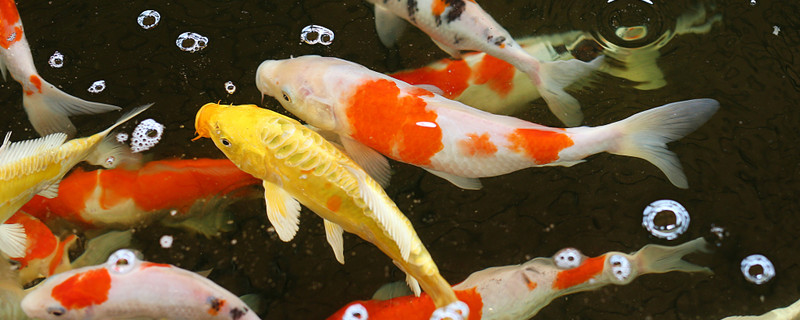
The reason why fish will have the belly in the air after death is that the swim bladder in the body loses the function of regulating gas, which leads to the internal absorption of gas, thus reducing the specific gravity of the lower part, while the back itself is muscle and vertebra, with a relatively large specific gravity, so it will turn over. Fish can also maintain balance through fins when they are alive, but they can not maintain balance after death.
1. Floating and diving: Most bony fish rely on the swim bladder when they float and sink in the water. When the swim bladder sucks in the gas, the overall density decreases, which improves its buoyancy and allows it to float easily to the top. Similarly, when the swim bladder expels gas, the buoyancy decreases, so that the fish can dive deeper.
2. Protective organs: The swim bladder mainly exists in the abdominal cavity of fish, where there are many internal organs. The swim bladder creates a certain space to offset the damage of water pressure, thus playing a role in protecting the internal organs.
3. Assisted respiration: For African lungfish, the swim bladder is also one of the organs that assist respiration. Its swim bladder is similar to the lungs. The central cavity is very large. There are small air chambers around it, which can store a certain amount of oxygen. When the water dries up, they can continue to breathe for a period of time with the oxygen in the swim bladder.
4. Sound: Fish can also make sounds, but the vocal organs are not vocal cords, some of which can make sounds through the swim bladder. Most of these fish are male, and the purpose of vocalization is to attract females to complete mating.